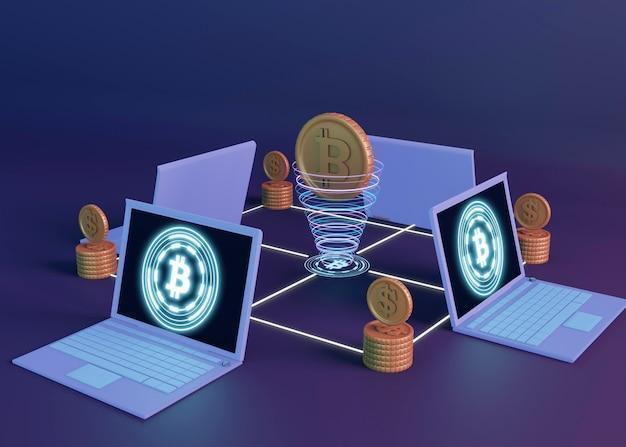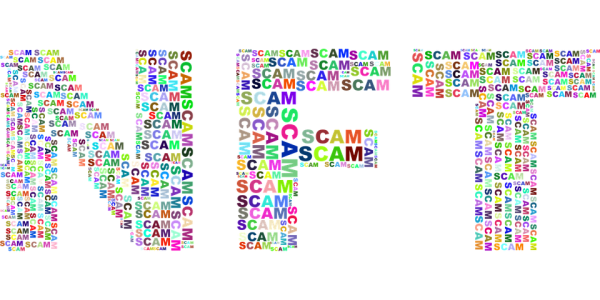January 30, 2024
By Anjali Kochhar
Over the last decade or since the time cryptocurrency came into existence, crypto and scam have become a synonym for each other, especially when millions of investors lost money.
While the government and regulators are taking stringent actions and creating regulatory frameworks to make crypto safer for retail investors, all the security risks associated with crypto cannot be mitigated without educating the end user.
According to Winston Hsiao, Cofounder and CRO of XREX Inc. “Awareness about cryptocurrency has been increased in India through educational efforts by many operators like XREX’s partner in India, A2ZCrypto, who placed a huge focus on promoting the correct understanding and mindset toward blockchain technology”.
As per Chain analysis, a US-based blockchain data platform, in ‘The 2023 Geography of Cryptocurrency Report’ said: “India leads the world in grassroots adaptation as measured by Global Crypto Adoption Index, but even more impressively has become the second largest crypto market in the world by raw estimated transaction volume, beating out several wealthier nations. The report indicated that transactions in India at over $260 billion”.
With this high valuation of trading on various crypto exchanges in India, another big challenge is scams related to cryptocurrency which can also target the most educated population of the country. As per a news article in Business Today “Over 1,000 Himachal cops lose crores of rupees to ‘Korvio Coin’ and ‘DGT Coin”.
Security measures to safeguard against Crypto scams
Educating the users can help reduce the risk of scamming and may help investors not to be an easy target for the scammers. Users must be aware of the basic security features as enumerated below before investing in the crypto exchanges –
- Strong Password – Like banking/social media platforms. Unique, strong passwords with alphanumeric digits are difficult to hack.
- 2-Factor Authentication – This access methodology is being implemented by various net banking and Crypto exchange platforms, this can be a number, retina scan, or fingerprints.
- Phishing emails – Thumb rule, nothing on the internet is free. Don’t fall for phishing emails.
- Free WiFi – Never access your crypto wallet whilst using free wifi services.
- Reputable Exchanges – Use only trustworthy cryptocurrency exchanges for cryptocurrency transactions. Study about the coin and the exchange and read reviews before sharing your Adhaar and PAN details with the platform.
- Updates Device – Use updated software on your devices.
- Offline Wallets – Save your crypto coins in offline wallets on your PC.
- Pump-and-Dump – Be vigilant of individual or groups promoting a particular cryptocurrency, that it is about to “explode”. They can be pump-and-dump schemes where whales inflate the price of some coins and attract retail investors and once sufficient money is in the market, whales will sell their share and retail investors will end up losing their share.
The list of measures to be taken is endless however one of the most important things is to use your Common Sense, Trust yourself and your instincts. Don’t be greedy and be open to the signs that may make u feel uncomfortable. Share your experience with other investors so that they don’t fall for scams.
The need for comprehensive Blockchain curriculum in Academic Institutes

Practitioner Development Economist & Ex Sec GoI, Aruna Sharma says “Crypto has attained a ‘Ponzi’ phenomenon among people who do not have exposure to what adds value to it and how it contributes to the strengthening and expansion of blockchain. Correct unbiased knowledge is the need of the day and those entrepreneurs who understand well will be able to use it effectively”.
As per the crypto gurus in India academic institutes should include subjects like blockchain in the curriculum and basic information should also be covered in school education as part of NEP so that the future generation is more aware of the benefits that blockchain technology brings with it.
There are a lot of courses available in the market that teach teenage kids about finance but no course is available for kids that can teach them about blockchain technology. Recently a 12-year-old boy named Benjamin Ahmed from the UK created digital wales as NFT and sold it in the real world. Are we already lagging?
Sunil Agarwal, Dean, of Blockchain Programs at Talent Sprint “The entire movement in terms of blockchain awareness has been led by industry, and not by academia, the main factor being blockchain academia is at least 10 years behind the blockchain industry. And the fact is, blockchain is a world where learners dominate, not the teachers”.
It is a well-known fact that blockchain technology is difficult to understand, but this is an emerging subject. This will be the next big revolution that can change the powerhouses of the world and allow India to come out of ‘look west syndrome’.
About the author
Anjali Kochhar covers cryptocurrency stories in India as well as globally. Having been in the field of media and journalism for over three years now, she has developed a sharp news sense and works hard to present information that goes beyond the obvious. She is an avid reader and loves writing on a wide range of subjects.



